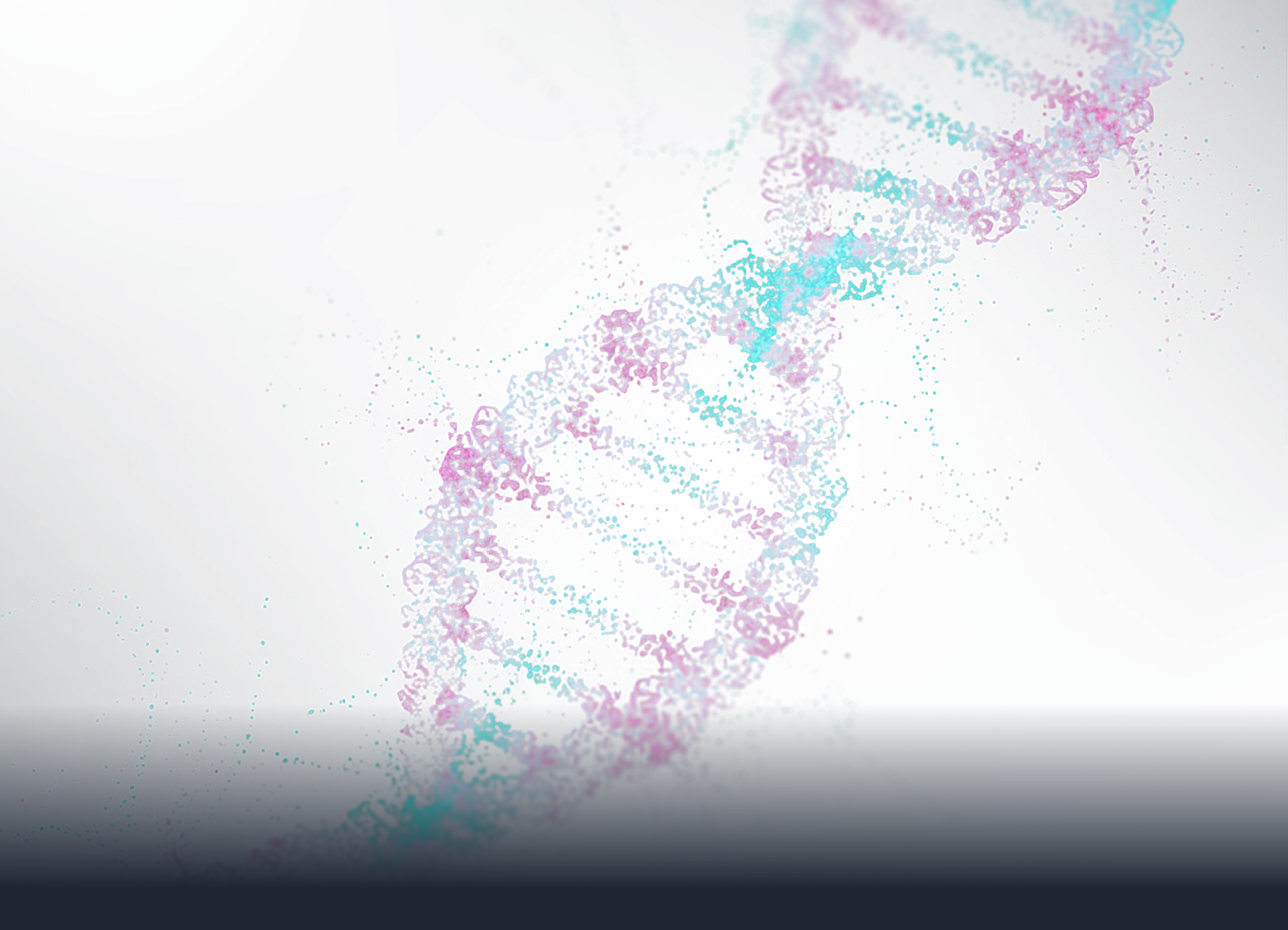Technology
Dark Antigens® EDAPT® EnTiCE®
Shining a light on the untapped 98% of the genome
Only 2% of our DNA encodes the proteins that have defined modern drug discovery; the remaining 98%, the dark genome, is a vast untapped source of cancer-specific antigens.
With our unrivaled platform for discovery and validation of these antigens, Enara Bio is delivering a pipeline of first-in-class immunotherapies to bring transformative benefit to cancer patients.

Dark Antigens®
Enara Bio® is pioneering the discovery of novel tumor-specific antigens from the dark genome
Learn moreEDAPT®
We have built an industry-leading platform that enables us to discover and validate Dark Antigens®
Learn moreEnTiCE®
Our best-in-class T cell engager platform to maximize therapeutic benefit for cancer patients
Learn more